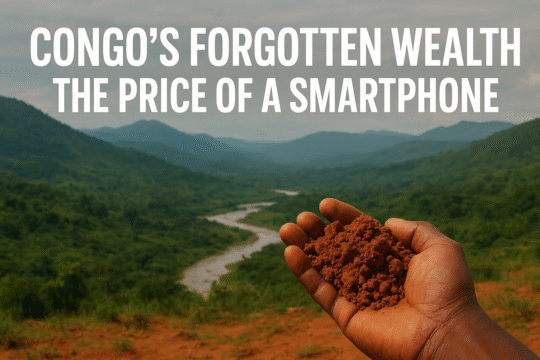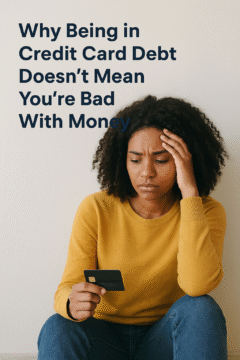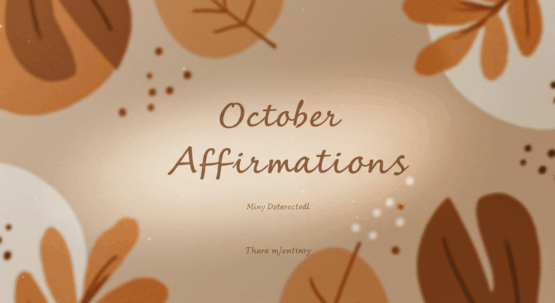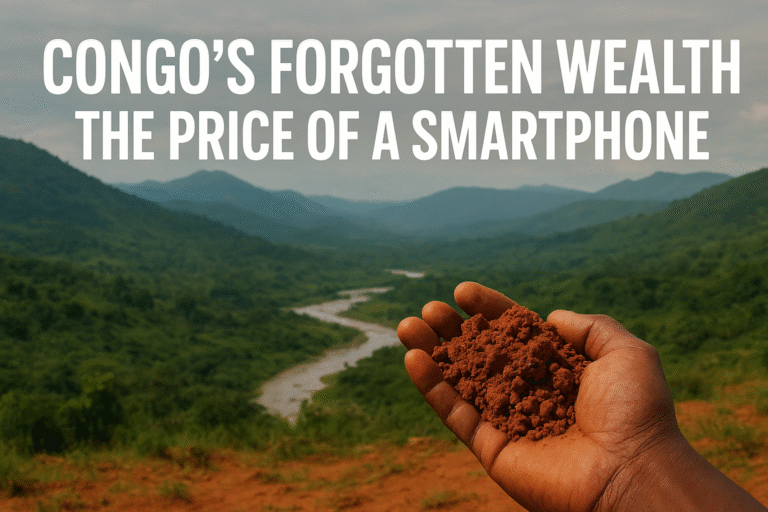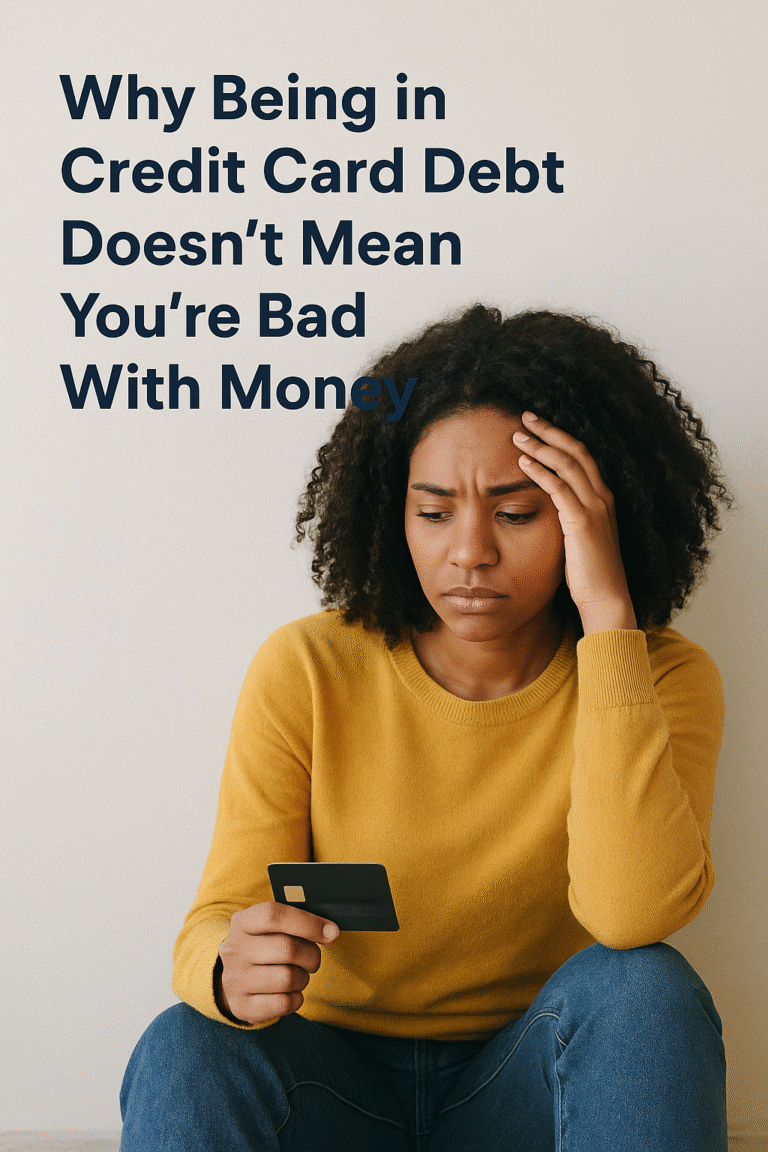Let’s strip down this nonsense. You’re broke and you know it… but every morning you’re carrying a cup of StarB and making a fool of yourself. This $8 coffee habit is small on the surface, but it’s quietly draining your wallet.
I get it… and I’ll be the first to say that life is meant to be enjoyed. I’m not here to judge someone for giving themselves a little TLC or for grabbing that caffeine boost that feels like survival fuel. But if your wallet is crying, maybe it’s time to face the truth.
That $8 coffee habit might feel harmless, but let’s do the math. Five days a week? That’s $40. In a month? $160. By the end of the year, you’ve poured almost $2,000 into a paper cup that ends up in the trash. And for what? A quick buzz that’s gone in an hour.
Meanwhile, your bills are still staring at you. Savings account? Empty. Investments? Nonexistent. But the daily StarB run? Oh, that never fails.
I’m not saying you shouldn’t enjoy coffee. You absolutely can. But there’s a smarter way to do it. Buy a bag of beans, get a simple coffee maker, or even a French press you can leave at work. For a fraction of the cost, you still get your caffeine fix — and the leftover cash could actually start building something: an emergency cushion, a vacation fund, or even your first investment.
The truth is, habits add up. $8 a day feels small until you realize it’s the very reason you’re stuck. And the coffee isn’t the problem — it’s the choices behind it.
Coffee Isn’t the Only Culprit
If it was just coffee, maybe it wouldn’t sting as much. But here’s the kicker: most of us are bleeding money in other quiet ways, and when you add them together, the leak turns into a flood.
1. Subscriptions You Forgot About
Be honest — how many subscriptions are you paying for right now? Netflix, Hulu, Disney+, Spotify, that random workout app you swore you’d use? According to research from C+R Research, the average American spends over $200 a month on subscriptions, and many don’t even realize it. That’s $2,400 a year… gone.
2. Eating Out All the Time
A quick lunch here, takeout dinner there. Just like coffee, it sneaks up on you. Buying lunch at $12 a meal is about $60 a week. Over a year? Nearly $3,000. Packing lunch might not sound exciting, but when you look at those numbers, it suddenly feels worth it.
3. Uber, DoorDash, and Convenience Apps
Convenience comes at a price. That $15 Uber ride instead of a $2 bus fare, or the $25 DoorDash order that would’ve cost $12 if you picked it up yourself. These small “I don’t feel like it” choices quietly drain hundreds every month.
4. Late Fees and Overdrafts
Here’s the one that hurts the most because it’s literally paying money for nothing. A $35 overdraft fee or a $20 late fee is like throwing your cash in the trash. Staying on top of due dates and keeping an emergency cushion can prevent this kind of waste.
Small Leaks Sink Big Ships
That’s really what it comes down to. It’s not just about coffee or Netflix or Uber rides. It’s about patterns. One leak by itself seems small, but stack them up and suddenly you’re asking yourself, “Where did all my money go?”
The good news is you don’t need to cut everything out or live like a monk. Just fixing one or two of these habits can free up hundreds, and sometimes thousands in a year. Imagine redirecting that money into something that moves you forward: paying down debt, investing, or finally building that emergency fund you’ve been putting off.
But if you’re still unsure about what to do, let me show you how to fix these small leaks that if left open will sink the ship.
How to Fix These Leaks
Here’s the thing most people get wrong: saving money doesn’t mean cutting out every single joy in life. It’s not about living like a monk. It’s about being smarter with the little choices that happen every day.
Take coffee, for example. That $8 StarB run feels small, but it’s eating you alive over time. Making coffee at home is not just cheaper — it’s pennies compared to dollars. A whole bag of beans that costs $12 could last you weeks, maybe even a month, depending on how much you drink. With a simple coffee maker or French press, you can still get that caffeine kick without draining your wallet. That $8 cup you’re skipping? That’s money that could be stacking up for something bigger.
Same with lunch. Eating out is fun, no doubt. But $12 or $15 every workday adds up to hundreds a month. Packing your own lunch might not sound exciting at first, but hear me out: once you get into the habit, it’s faster, cheaper, and honestly healthier. Grab some reusable containers, cook in batches on Sunday, and suddenly “boring leftovers” turn into money staying in your pocket. You’re not giving up eating — you’re just swapping $15 for maybe $3. Multiply that swap by a year, and you’ll see what I mean.
Subscriptions are sneaky. One here, one there, and suddenly you’re paying for five different streaming platforms, gym memberships you never use, or apps you forgot about. Be honest with yourself: how many do you actually use? Pick one or two that matter and cancel the rest. That’s not deprivation, that’s just cleaning up money leaks you don’t even notice anymore.
Impulse shopping is another trap. You go online “just to look” and somehow end up buying a gadget you didn’t know existed an hour ago. The fix? Make a list before you shop and stick to it. And if something pops up that isn’t on the list, wait. Give it 30 days. Most of the time, you’ll forget about it — and that’s proof you didn’t really need it.
And don’t get me started on late fees. That’s money you literally hand over for no reason. The solution is simple: automate your bills. Set reminders. Use autopay if you can. Think of it like setting your car on cruise control — it keeps things moving without you stressing. That $35 late fee? Gone. And instead of paying banks for your mistakes, you’re keeping your money where it belongs: with you.
Here’s the big picture: none of these changes feel huge in the moment. Making coffee at home instead of buying it doesn’t feel life-changing. Packing a lunch doesn’t feel like you just unlocked wealth. But when you look back after 12 months, the math will hit you. These little choices add up to thousands of dollars saved, and you’ll finally see where your money has been going all along.
Challenge Yourself
Here’s a thought: what if you tried cutting just one habit for 30 days? Brew your own coffee. Cancel one subscription. Cook instead of ordering out. At the end of the month, check how much you saved. You might be shocked at how much power those small decisions carry.
And if you want to make it easier, set yourself up with tools that support the change. A cheap coffee maker or French press can keep you from running to the coffee shop every morning. A decent reusable water bottle (remember when Stanley cups were everywhere?) can keep you from wasting money on bottled water. Small investments in the right tools can make saving money feel effortless.
Final Brew
Money doesn’t disappear overnight. It disappears $8 at a time, $12 at a time, $20 at a time. And it’s usually not because we’re irresponsible — it’s because we don’t notice. Once you start paying attention, though, you realize those small leaks are controllable.
So here’s the truth: coffee isn’t your enemy, and neither is convenience. But if you’re broke and tired of being broke, these daily choices are the first place to look.
Your future self doesn’t need another latte. It needs you to finally break the $8 coffee habit and put that money where it matters.”
Follow us on Facebook and Instagram for the latest updates and exclusive content!



